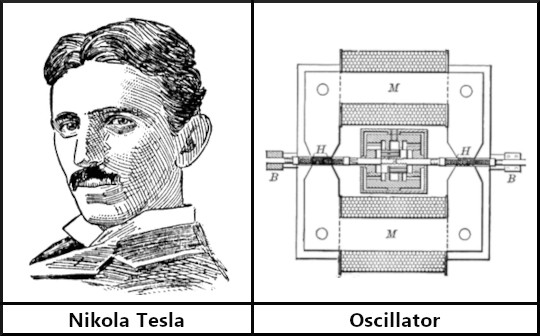W. I. E. Gates? Edward Latham? Bihar Proverb? Washburn Hopkins? R. H. Halsey? Bolton Hall? Anonymous?

Question for Quote Investigator: Statistical averages can be misleading. The maximum and minimum values are not specified when only an average is presented. Here are three versions of a pertinent adage:
(1) A person can drown while crossing a stream with an average depth of six inches.
(2) A six foot tall statistician once drowned in a river with an average depth of only two feet.
(3) An ox drowned in a stream whose average depth was only sufficient to cover the hoof.
This saying has been attributed to W. I. E. Gates, but I have been unable to find a solid citation. Would you please explore this topic?
Reply from Quote Investigator: The earliest match located by QI appeared within an 1891 book about proverbs in Bihar, India. The explanation of one proverb referred to a “Kāyath”, a person who worked as clerk, copyist, or calculator. Boldface added to excerpts by QI:1
Once a Kāyath, with his son, was going on a journey. He came to a stream. As he was uncertain of its depth, he proceeded to sound it; and having discovered the depth to be variable, he struck an average. The average depth being what his son could ford, he ordered him, unhesitatingly, to walk through the stream, with the sad consequence that the boy was drowned.
W. I. E. Gates received credit for an instance in 1977, but that was many years after the saying had entered circulation. A detailed citation is given further below.
Here are additional selected citations in chronological order.
Continue reading “Quote Origin: A Person Might Drown While Attempting To Cross a Stream With an Average Depth of Six Inches”





